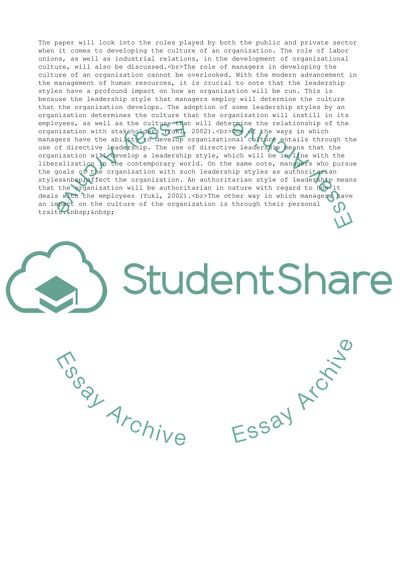Cite this document
(Do Managers Have the Ability to Develop the Culture of Their Term Paper, n.d.)
Do Managers Have the Ability to Develop the Culture of Their Term Paper. Retrieved from https://studentshare.org/management/1800401-do-managers-have-the-ability-to-develop-the-culture-of-their-organisation-discuss-critically
Do Managers Have the Ability to Develop the Culture of Their Term Paper. Retrieved from https://studentshare.org/management/1800401-do-managers-have-the-ability-to-develop-the-culture-of-their-organisation-discuss-critically
(Do Managers Have the Ability to Develop the Culture of Their Term Paper)
Do Managers Have the Ability to Develop the Culture of Their Term Paper. https://studentshare.org/management/1800401-do-managers-have-the-ability-to-develop-the-culture-of-their-organisation-discuss-critically.
Do Managers Have the Ability to Develop the Culture of Their Term Paper. https://studentshare.org/management/1800401-do-managers-have-the-ability-to-develop-the-culture-of-their-organisation-discuss-critically.
“Do Managers Have the Ability to Develop the Culture of Their Term Paper”, n.d. https://studentshare.org/management/1800401-do-managers-have-the-ability-to-develop-the-culture-of-their-organisation-discuss-critically.


